worm compost
ChristyRocNY
9 years ago
Related Stories

GARDENING GUIDESHouzz TV: Make a Worm Bin for Rich Soil and Happy Plants
A worm-powered compost bin that can fit under a sink turns food scraps into a powerful amendment for your garden. Here’s how to make one
Full Story
GARDENING GUIDESGet on a Composting Kick (Hello, Free Fertilizer!)
Quit shelling out for pricey substitutes that aren’t even as good. Here’s how to give your soil the best while lightening your trash load
Full Story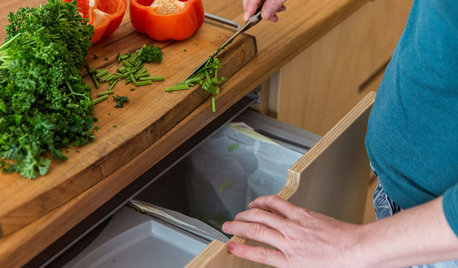
KITCHEN DESIGNWhy You Might Want to Give ‘Bokashi’ Composting a Try
Turn kitchen scraps into gardening gold with this low-maintenance, space-saving method
Full Story
GREEN BUILDINGWhere to Hide the Kitchen Compost Bin
Enriching your soil doesn’t have to mean staring at a countertop pile of decomposing food scraps
Full Story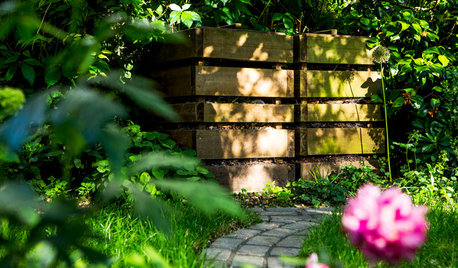
GARDENING GUIDESProfessional Tips for Making Your Own Compost
Learn how to create a free supply of nutrient-rich soil for your garden with expert advice from Houzz landscape pros
Full Story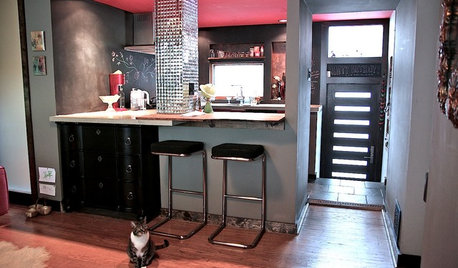
HOUZZ TOURSHouzz Tour: For the Love of a Cat in Philadelphia
Pet-friendly features integrated into a mod, eclectic and colorful home mean everyone in the family is happy
Full Story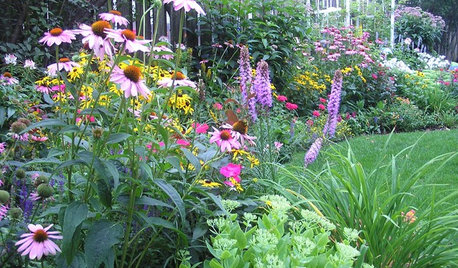
LANDSCAPE DESIGNTry Slow Gardening for Some Unexpected Benefits
Why set your garden on the fast track? Here's how to relax and enjoy it in an entirely new way
Full Story
FARM YOUR YARDHow to Grow Vegetables in Containers
Get glorious vegetables and fruits on your patio with a pro’s guidance — including his personal recipe for potting mix
Full Story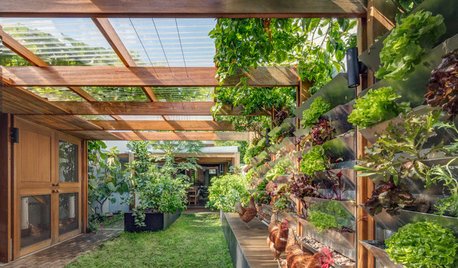
EDIBLE GARDENSA Model of Green Living Inside and Out
This earth-friendly house in the heart of Sydney features a landscape that sustains itself and its caregivers
Full Story
LIFE10 Beautifully Simple Ways to Go Greener in the New Year
You may just find more green in your wallet along the way
Full StoryMore Discussions







digdirt2
ChristyRocNYOriginal Author
Related Professionals
Wrentham Landscape Architects & Landscape Designers · Saint Louis Park Landscape Architects & Landscape Designers · Severn Landscape Architects & Landscape Designers · South Elgin Landscape Architects & Landscape Designers · Summit Landscape Architects & Landscape Designers · Gresham Landscape Contractors · Holtsville Landscape Contractors · Oak Forest Landscape Contractors · Oxnard Landscape Contractors · Riverview Landscape Contractors · Rockwall Landscape Contractors · Roswell Landscape Contractors · Weymouth Landscape Contractors · Ferguson Landscape Contractors · Sunnyvale Driveway Installation & Maintenancenancyjane_gardener
ChristyRocNYOriginal Author